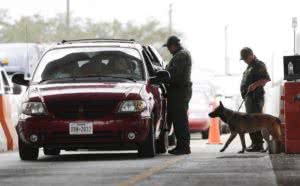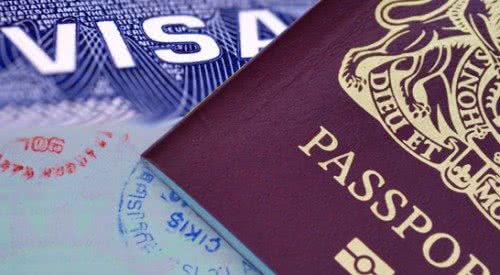When a U.S. Birth Certificate Might Not Be Enough to Prove Citizenship
In most cases, a U.S. birth certificate and a valid, government issued identification will be enough to prove U.S. citizenship. However, in some cases, this will be insufficient, and you may be asked to provide secondary evidence of your citizenship.
There is a notable delay between the time of your birth and the registration of your birth.
In rural America, prior to 1950, it was quite common that births were not registered until a person actually needed a birth certificate. This may have been 5, 10, or even 20 years after a baby was born. When the birth was finally registered, the applicant provided birth documentation to the registrar. This included baptismal records, witness affidavits, medical records etc.
A delayed birth certificate will often include a list of the documentation provided to the registrar. This will be located at the bottom of the birth certificate. Sometimes the heading on the birth certificate will even say “Delayed Registration of Birth.” The date of birth and date of registration will be more than 6 months apart.
Examples of secondary evidence that may be requested: parent’s marriage certificate, sibling’s birth certificates, baptismal records, photos.
You were not born in a hospital.
If you were born outside of a hospital, it is likely that you will need to provide additional proof that you were born in the U.S., especially if you were born on the southern border. This includes births in homes and birthing centers. Unfortunately, there were midwives who fraudulently registered thousands of babies, who were actually born in Mexico. This means that even if you were legitimately born in the U.S., but born outside of a hospital, your birth certificate will receive extra scrutiny.
Examples of secondary evidence that may be requested: proof of parent’s legal ability to travel in the U.S. at the time of your birth, payment receipts for midwife, prenatal records, immunization records, baptismal records, photos, school records
You were adopted.
The birth certificate of an adopted child may contain anomalies that are not present on a birth certificate where biological parents are listed. The most common difference is that the name of the hospital may be blank. In some cases, you may have a sibling that was born to the same parents during a time that would make it biologically impossible for your mother to be your birth mother (i.e. you have a sibling born in September, and you were born in November of the same year). Your parents could also both have a different race than you, which is listed on the birth certificate. Also, the age of your mother at the time of your birth could raise a red flag (see below).
Examples of secondary evidence that may be requested: hospital birth certificate, adoption records, baptismal records.
Your mother was of an advanced or very young age when you were born.
With today’s reproductive technology, it is possible for women to bear children at an older age. Even without reproductive technology, some women conceive children well into their 40’s. Although this is becoming more commonplace, if your mother was of an advanced age when you were born, you may be asked for additional proof of citizenship.
On the flip side, if your mother’s age at your time of birth is unusually young, this may also invite extra scrutiny. This anomaly may have a perfectly logical explanation, such as a child who was adopted at age 13 by an adult who is 25.
Examples of secondary evidence that may be requested: adoption records, assisted reproductive technology records, prenatal records, hospital records, photos, etc.
Your parents worked in the U.S., for a foreign government, at the time of your birth.
Children of foreign diplomats, although born on U.S. soil, do not acquire U.S. citizenship. If your parents were working for a foreign government, in the U.S, at the time of your birth, there is a possibility that you may have a U.S. birth certificate but are not a U.S. citizen.
The rules in this area of citizenship law are nuanced and complex. There are many employees of foreign governments who work in the U.S. but are not “accredited diplomats”, such as enlisted foreign military personnel who are training in the U.S. Their children would likely be U.S. citizens, if they were born in the U.S.
Examples of secondary evidence that may be requested: copies of parent’s visas or government orders
In addition to the circumstances above, if the name on your identification is different than the name on your birth certificate, you will need to adequately explain and document the evolution of your name. This can usually be accomplished by providing marriage certificates, divorce decrees, or other official name change documentation.
Citizenship law is one of the most complex areas of immigration law. If you encounter difficulties proving your claim to U.S. citizenship, you may want to discuss your specific situation with an attorney who specializes in U.S. immigration law.
Recommended Articles
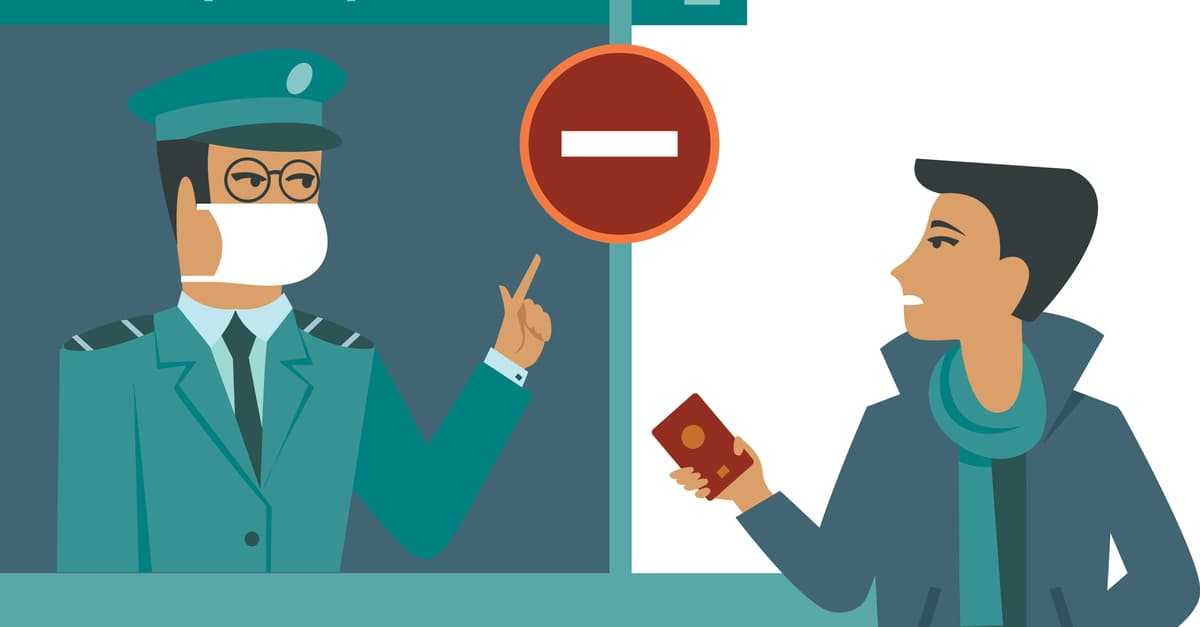
SCOTUS clarified that a legal permanent resident alien can be physically in the U.S., commit a criminal offense, and still be inadmissible.

Fifth Circuit: Former Informants Are Not Protected Group
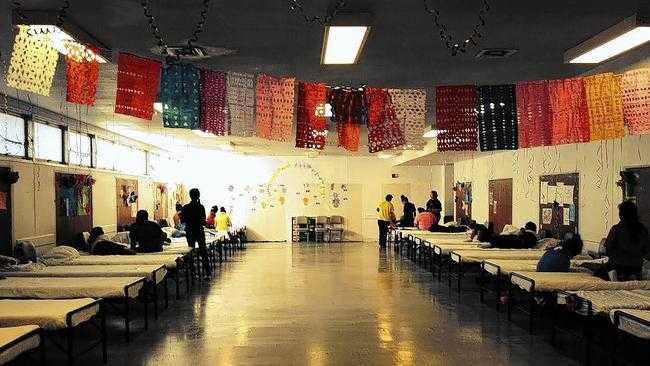
The Secretary of Health and Human Services has asked the Pentagon to add 5,000 more beds for young people. During last year’s surge of undocumented persons, the military opened emergency shelters to house the migrants at bases in Oxnard, San Antonio and Ft. Sill, Oklahoma.
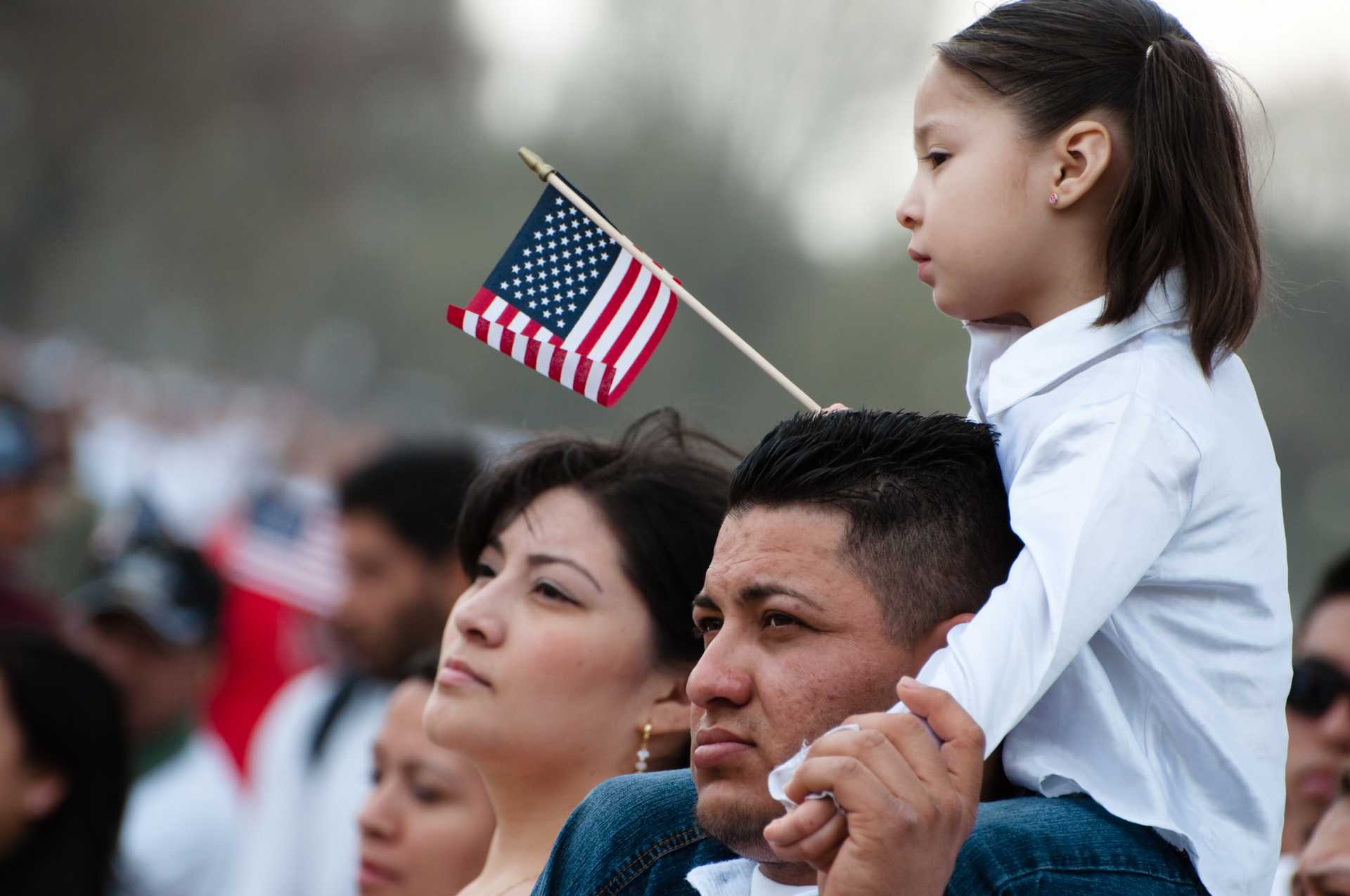
On September 26th, 2015 U.S. District Judge Dolly M. Gee granted final approval of the settlement in Franco v. Holder, paving the way for previously deported immigrants with severe mental disabilities to request to reopen their cases in Immigration Court, and if approved return to the United States.

The defense attorney has an affirmative duty to properly advise. It is not enough to say it is a “possibility” under those circumstances.

About Michael Harwin
Michael’s skill and experience have been recognized repeatedly. He holds an A-V 5/5 preeminent rating by Martindale Hubbell. He has been named one of the top lawyers in Arizona by Southwest Superlawyers, and one of the best lawyers in Tucson by Tucson Lifestyle Magazine. He also has been named one of the best lawyers in the United States by BestofUS.com , and given the highest rating possible by AVVO, 10/10 Superb. Amazon Books

